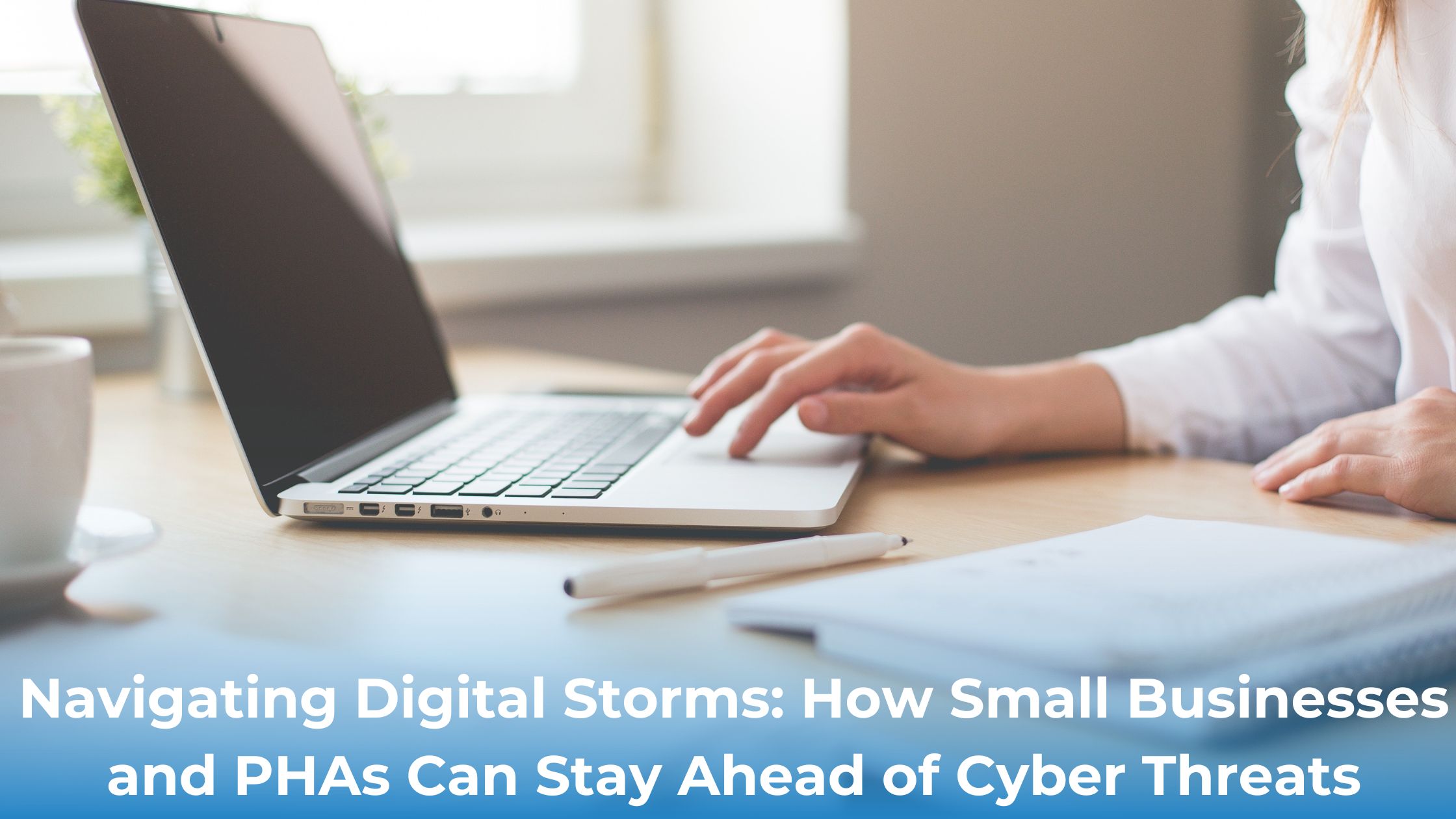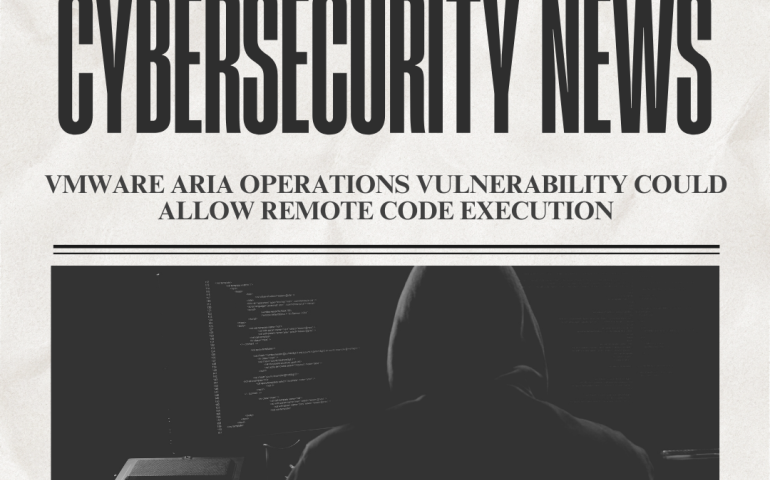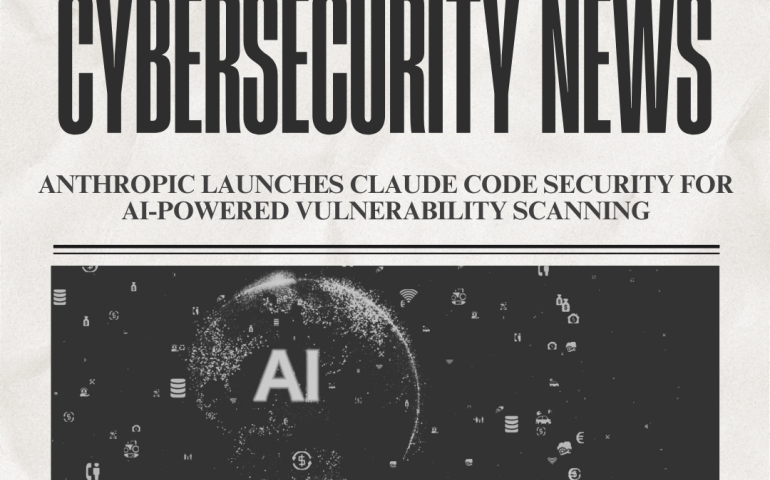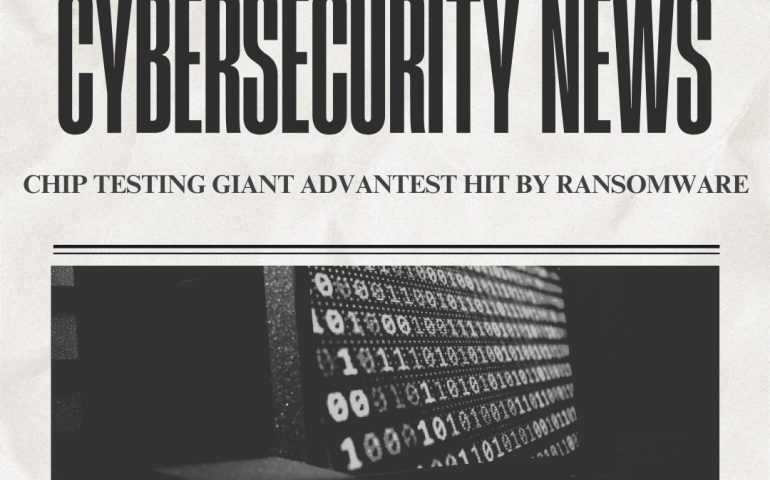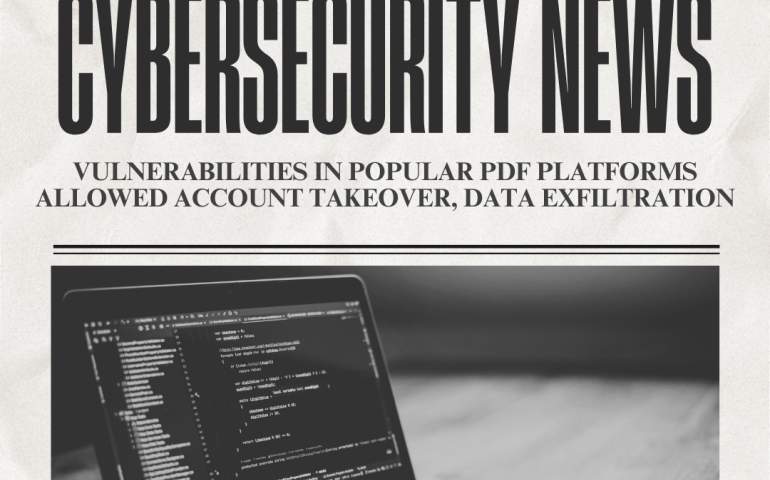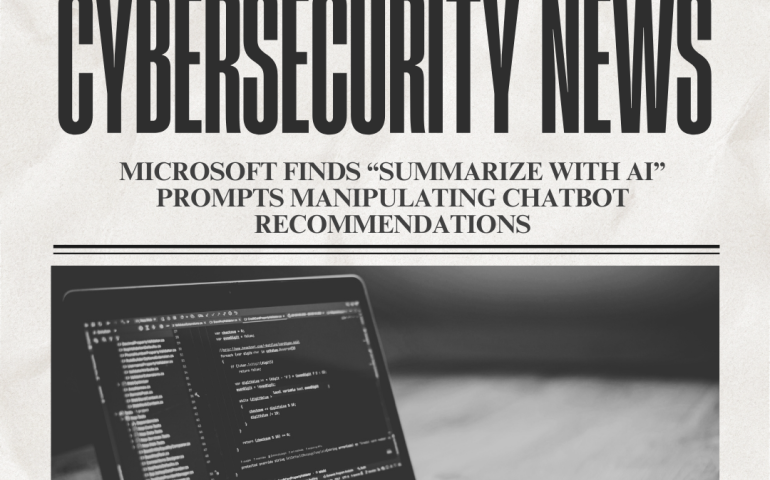Navigating Digital Storms: How Small Businesses and PHAs Can Stay Ahead of Cyber Threats
Public housing authorities (PHAs) and small businesses cannot ignore the importance of cybersecurity. One incident that brought this reality to the forefront involved a small community's housing authority. They experienced a ransomware attack that encrypted their critical data and demanded payment for its release. This attack halted their operations and locked all files on their computer. This story is a cautionary tale and a call to action for organizations to bolster their cyber defenses. The attack on the housing authority reveals a critical lesson. Cybersecurity is not merely an IT concern but a fundamental aspect of organizational resilience and trustworthiness. PHAs and small businesses seeking to safeguard their operations from similar incidents should take several strategic steps.

1. Cybersecurity Awareness and Culture: Building a strong cybersecurity culture is the cornerstone of defense. Regular training sessions to educate employees about the latest cyber threats and phishing tactics can dramatically reduce the risk of successful attacks.
2. Robust Incident Response Plan: Having a well practiced incident response plan enables organizations to react swiftly and effectively to cyber incidents, minimizing damage and downtime. This plan should include clear communication strategies, steps for containment, and recovery processes.
3. Data Encryption and Backup: Encrypting sensitive data and maintaining regular, secure backups are crucial practices. In the event of data compromise, encrypted information remains protected, and backups ensure business continuity.
4. Regular Security Assessments: Conducting regular security assessments and vulnerability scans helps identify and mitigate potential weaknesses in the network before attackers can exploit them. This proactive approach is critical in staying one step ahead of cyber threats.
5. Multi-Factor Authentication (MFA): Implementing MFA adds an extra layer of security, ensuring that even if passwords are compromised, unauthorized users cannot easily access sensitive systems or information.
6. Partnering for Cybersecurity: Small businesses and PHAs may not always have the resources to manage robust cybersecurity measures in-house. Partnering with cybersecurity firms can provide the expertise and support needed to protect against complex cyber threats.
In conclusion, Implementing robust cybersecurity measures is essential for protecting sensitive data and deterring potential attacks.
By investing in cybersecurity, PHAs and Small Businesses can safeguard their operations, maintain the trust of their customers, and maintain their competitive advantage in the industry. The journey towards cybersecurity excellence is ongoing. Staying informed, prepared, and resilient is critical to ensuring the safety of your data and the trust of those you serve. Let the tale of the compromised housing authority be a reminder. The importance of cybersecurity in our interconnected world can no longer be underestimated.
Organizations interested in benefiting from the Technology Modernization Grant and obtaining a free KP Network Membership for 2024 can apply by clicking this link. Act swiftly, as only 50 spots are available for this exclusive opportunity.

